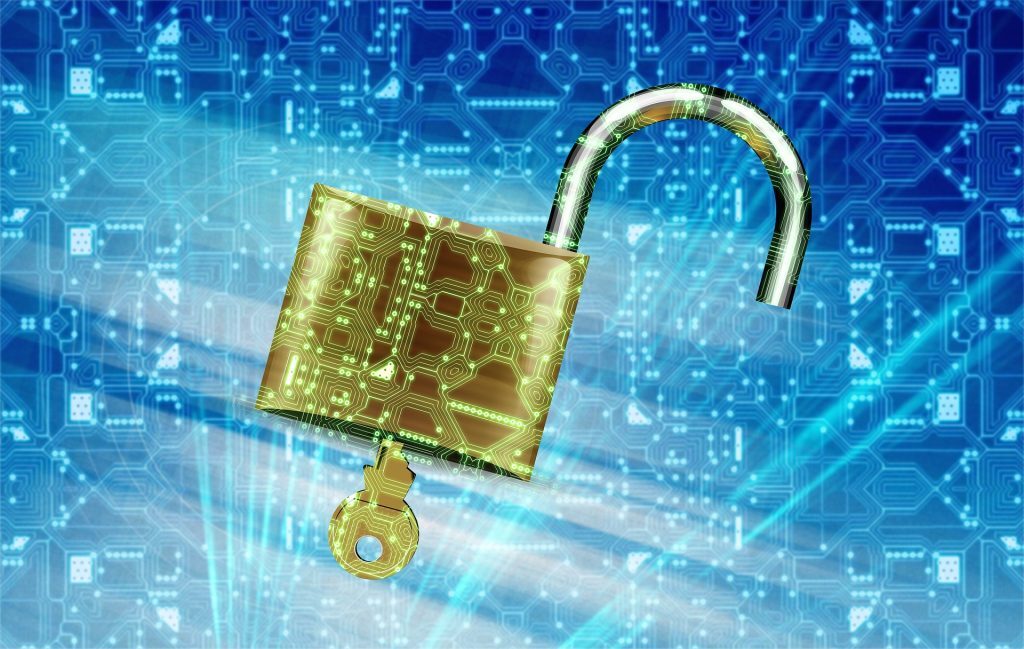Good cybersecurity is one of the things that everybody should know about and practise. These are the techniques you should adopt immediately, please.
Stay safe, over
Install security software on your computer and Android smartphone. Right now. I use Kaspersky, which offers a single or multiple-device licence. Make sure you run daily scans and always keep it updated.
Update Windows, Android, iOS, or any apps as soon as software updates (often called patches) are available. Hackers use known exploits to crack people’s security, often with ransomware, which would not be possible if the patches were installed to close the vulnerability.
What’s the ‘word?
Never use the same password for more than one app or website. Ever.
Stop trying to remember passwords and get a password manager. Apps like BitWarden, 1Password, DashLane, and others create randomised passwords with capitals, symbols, and numbers and fill them in for you. Stuff recommends BitWarden – and no longer LastPass after it was hacked in 2023.
WATCH: Eugene Kaspersky talks cybersecurity with Toby Shapshak – including how cybercriminal gangs even offer healthcare.
Set up two-factor authentication (2FA). Don’t be put off by the phrase. Your password is the first ‘factor,’ the second is an SMS or code from an authenticator app. I recommend you use the latter, as SMSes can easily be intercepted with a SIM swap – which is one of the most common ways people commit internet banking fraud. Either of Microsoft or Google’s authenticator apps are great. LastPass and Nord also offer this.
Make sure 2FA is set up on all your important accounts, please. Please. Email, social media, cloud services, and e-commerce sites must all require you to verify your identity. A password alone is no longer enough.
Competent cybersecurity
Never use any unsecured public WiFi without a VPN. It’s a common cause that ‘baddies’ use WiFi services with no passwords (and therefore no encryption between your phone and the WiFi router) to ‘sniff’ your unsecured data. It’s very easy to steal your login details and passwords this way. Like all things Big Tech gives away for free, you ultimately get charged a lot more than you ever imagined. NordVPN is good, as is Kaspersky’s app. Cybersecurity doesn’t have to be hard.
If it’s too good to be true, it isn’t true. Don’t be fooled by phishing. If you are suspicious, don’t click on a dodgy link or open a document from a sender you don’t know. Social media is now the most likely place you’ll be phished, or catfished for that matter. Any private or direct message with a link that starts with ‘look at what people are saying about you’ is likely to be malware. Unless you’re Jacob Zuma. Then it’s all true.
